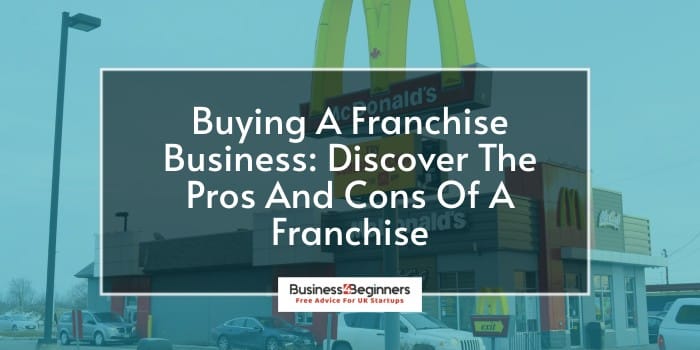Banks could start charging for basic services if interest rates turn negative, the boss of Virgin Money has warned.
CEO David Duffy said, to test which services customers would be willing to pay for, banks would make ‘slow and incremental’ changes over the next three to five years. He added that although a decision will not be taken until next year depending on how the pandemic unfolds, banks cannot continue to provide accounts, technology, branches and cards free of charge.
Mr Duffy’s comments come as a stark warning that bank customers could be hit if interest rates dive into negative territory. At the moment, the great majority of the UK’s 73m current account holders pay no fees while they are in credit.
Nonetheless, some customers opt instead for a packaged account which attracts a monthly fee in exchange for a raft of insurance products that are provided along with the account.
Banks unprofitable due to relentless competition
The Bank of England (BoE), in an attempt to stimulate the economy, has recently discussed reducing the 0.1pc base rate to below zero. As yet, however, policy makers are undecided whether to adopt the plan. One major sticking point is that the banks’ computer systems would require an expensive update in order to manage a change to negative rates.
Meanwhile, officials at the BoE have been asking lenders how long it would take them to prepare their systems for the change to below zero rates.
Mr Duffy remarked that consumers would demand better returns if new charges were to be introduced for basic banking services. The issue, he said, is how banks can generate shareholder returns and whether they can be invested. A number of factors have squeezed the margins on most of the products banks offer.
For instance, banks’ shares are trading at 40pc of what they would have done more than a year ago, because the future returns on business models for those investing in banks is uncertain. In an environment of best buy tables, consumers change accounts and mortgages at a whim for a better rate. In other words, there is unrelenting competition.
Therefore, Mr Duffy reasoned, banks will have to choose where they will charge more for value. There will be a real challenge, he added, over the next three to five years to how a bank generates a profit by providing the right value service to customers, while making itself an attractive prospect for domestic and overseas investors.
No such thing as ‘free banking’
In 2012, Andrew Bailey, then Deputy Governor of the BoE, referred to free banking as a ‘dangerous myth’ and said regulators should intervene because customers faced hidden charges. At the time, he thought reform of retail banking could not proceed unless the issue of free in-credit banking was tackled.
In the US, Canada and parts of Europe, many banks routinely charge customers monthly fees for their services.
Isabelle Jenkins, head of banking at consultancy Price Waterhouse Cooper (PwC), stated that anything is possible now with regard to negative interest rates. Banks, she said, make money from the difference between what they charge for lending and the interest they pay on savings. And the spread between the two has been squeezed substantially in recent years.
As a result, many banks are having to consider alternative ways to make money and one of the means of doing so is introducing fee-based accounts. At some point, she added, banks will have to address the commercial implications of free banking. However, this also means that they will consider new products for customers, as a way to make money from fees.
Ms Jenkins went on to speculate that banks will start offering more wealth management and insurance products in order to increase revenues.






